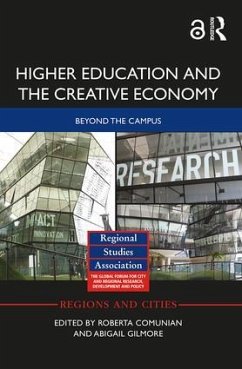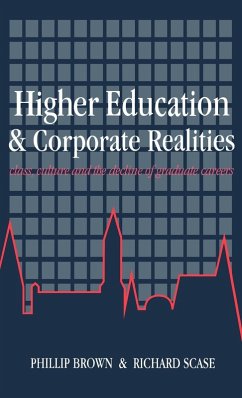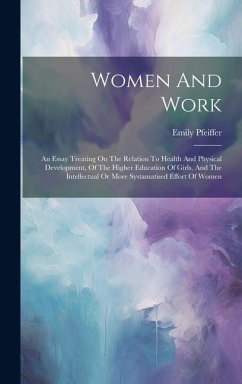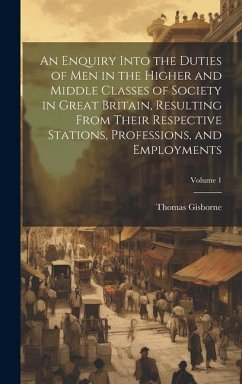
Financing Higher Education
Answers from the UK
Versandkostenfrei!
Versandfertig in 1-2 Wochen
187,99 €
inkl. MwSt.
Weitere Ausgaben:

PAYBACK Punkte
94 °P sammeln!
The book traces those twin elements through the 1990s and into the 2000s, culminating in important - and perhaps path-breaking - legislation in 2004. Both sets of policies are rooted in the economics of information, and thus have technical roots not ideological ones. The only ideological element (a major preoccupation of both authors) is to widen access to higher education. The book offers lessons both about policy design and about the politics of reform of particular relevance to countries which have not yet addressed the issue, including many OECD countries, the more advanced post-communist reforming countries and, increasingly to middle-income developing countries. More generally, the policies are suitable for any country which has the administrative capacity to collect income tax.
This topical volume tells the story of the UK debate on financing higher education, illustrating a head-on collision between the economic imperatives of student loans and regulated market forces, and the political imperative of 'free' higher education. In telling the story of the partnership of an economist and a political professional, the book offers lessons about both policy design and the politics of reform: of particular relevance to countries which have not yet addressed the issue, including many OECD countries, the more advanced post-communist reforming countries and, increasingly, to middle-income developing countries. No longer the exclusive province of a small intellectual elite, higher education is a key element in national economic performance. A modern economy needs a high-quality university system, and needs to make it accessible to everyone who can benefit, but mass higher education is expensive, and competes for public funds with pensions and health care, to say nothing of nursery education and schools. How to pay for higher education has thus become a central issue, and Barr and Crawford's book expertly covers the debates and issues involved.














